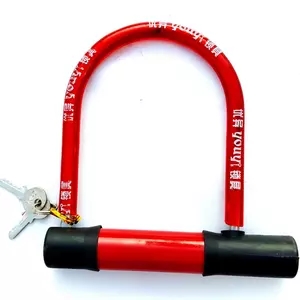Scooter technology has seen significant innovations that are reshaping urban travel and providing more efficient, convenient, and sustainable transportation options. Here are some key technological advancements that are changing the way we move around cities:
- Electric Scooters (E-Scooters):
- Electric scooters have become a game-changer in urban mobility. They’re powered by batteries, eliminating the need for manual propulsion and reducing physical effort during rides.
- E-scooters offer varying levels of speed and range, making them suitable for short to medium distances and last-mile connectivity.
- Battery Technology:
- Advances in battery technology have led to improved energy density and longer battery life for electric scooters.
- Lithium-ion batteries are commonly used, providing a good balance between energy storage capacity and weight.
- Smart Features:
- Many modern scooters come equipped with smart features such as Bluetooth connectivity and smartphone apps.
- These apps can provide real-time information about battery levels, navigation, speed, and even anti-theft tracking.
- Regenerative Braking:
- Some e-scooters utilize regenerative braking, which converts kinetic energy back into stored energy in the battery when the brakes are applied.
- Foldable Design:
- Folding mechanisms have become more advanced, allowing scooters to be easily folded and carried when not in use. This enhances their portability and convenience.
- Enhanced Safety Features:
- New scooter models incorporate better safety features, including larger wheels for stability, improved braking systems, and LED lights for visibility.
- Sharing and Rental Platforms:
- The rise of scooter-sharing and rental platforms has made scooters readily available for short-term use. Users can locate and unlock scooters through smartphone apps.
- Lightweight Materials:
- Manufacturers are using lightweight and durable materials like aluminum and carbon fiber to construct scooters that are both sturdy and easy to carry.
- Improved Durability:
- Scooters are being designed to withstand the wear and tear of urban environments, making them more durable and long-lasting.
- Alternative Propulsion Systems:
- In addition to electric scooters, some companies are exploring alternative propulsion systems such as hydrogen-powered scooters and solar-charged scooters.
- Swappable Batteries:
- Some scooter models have introduced swappable battery packs, allowing users to easily replace depleted batteries with fully charged ones at designated stations.
- Adaptive Cruise Control:
- Certain advanced scooter models offer adaptive cruise control, which helps maintain a consistent speed and distance from vehicles ahead.
- Airless Tires:
- Airless tires are becoming more common in scooter design. They eliminate the risk of flats and reduce maintenance needs.
- Integration with Public Transit:
- Scooters are increasingly being integrated into public transportation systems, allowing commuters to combine various modes of travel seamlessly.
These technological innovations are transforming urban travel by providing accessible, eco-friendly, and efficient transportation options. As cities continue to prioritize sustainable mobility and ease of access, scooter technology is likely to keep evolving to meet these demands.





























